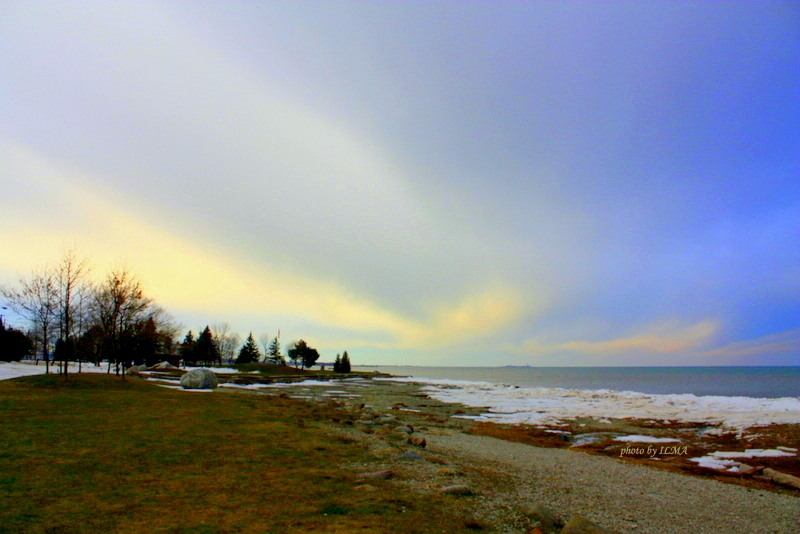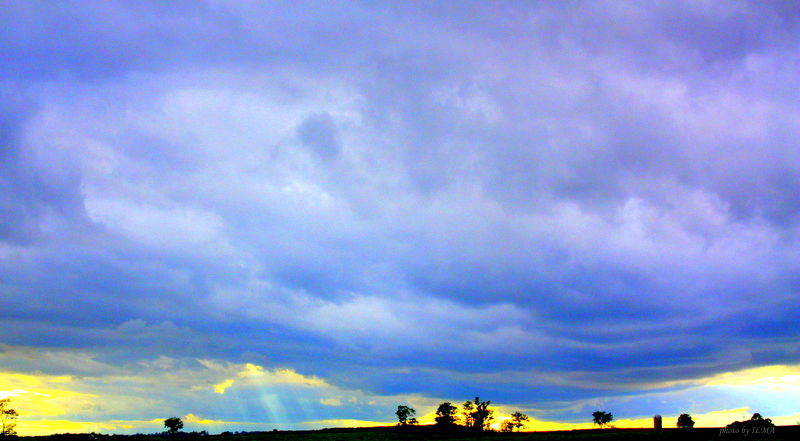EXODUS 28
22 You shall make for the breastpiece twisted chains like cords, of pure gold. 23 And you shall make for the breastpiece two rings of gold, and put the two rings on the two edges of the breastpiece. 24 And you shall put the two cords of gold in the two rings at the edges of the breastpiece. 25 The two ends of the two cords you shall attach to the two settings of filigree, and so attach it in front to the shoulder pieces of the ephod. 26 You shall make two rings of gold, and put them at the two ends of the breastpiece, on its inside edge next to the ephod. 27 And you shall make two rings of gold, and attach them in front to the lower part of the two shoulder pieces of the ephod, at its seam above the skillfully woven band of the ephod. 28 And they shall bind the breastpiece by its rings to the rings of the ephod with a lace of blue, so that it may lie on the skillfully woven band of the ephod, so that the breastpiece shall not come loose from the ephod. 29 So Aaron shall bear the names of the sons of Israel in the breastpiece of judgment on his heart, when he goes into the Holy Place, to bring them to regular remembrance before the Lord. 30 And in the breastpiece of judgment you shall put the Urim and the Thummim, and they shall be on Aaron’s heart, when he goes in before the Lord. Thus Aaron shall bear the judgment of the people of Israel on his heart before the Lord regularly. – Exodus 28:22-30
EXODUS 28 AARON BEARS THE NAMES OF ISRAEL ON HIS HEART
Aaron was given a big role to play in being the intercessor for the people of God. He foreshadowed Jesus’ role as High Priest. In his shoulder and in his heart, he would have to bring the people of God to get closer to him and ensure that they are cleansed from sin when they approach God’s presence.
According to inspiredscriptures.com the high priest wore the stones over his heart as a memorial to his love for all the people. His job was to be an intercessor to God for everyone. “It was not enough that the High Priest worked for the people (having them on his shoulders). David Guzik also comments that the high priest must also love the people – that is, bear them on his heart. It isn’t enough for a priest to have a heart for God. He must also have a heart for the people, and bear them on his heart in his entire ministry unto the LORD.” Jesus as our High Priest loved the world so much that He sacrificed Himself at the cross so that all might live -John 3:16. Those who believe in Jesus will have eternal life, but those who don’t will not be able to enter God’s kingdom.
REFLECTION
- How does the breastspiece of judgment remind us of our salvation?








